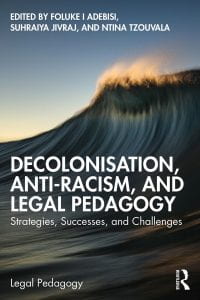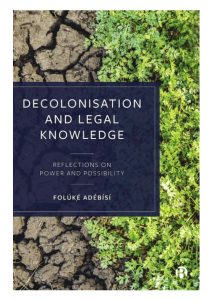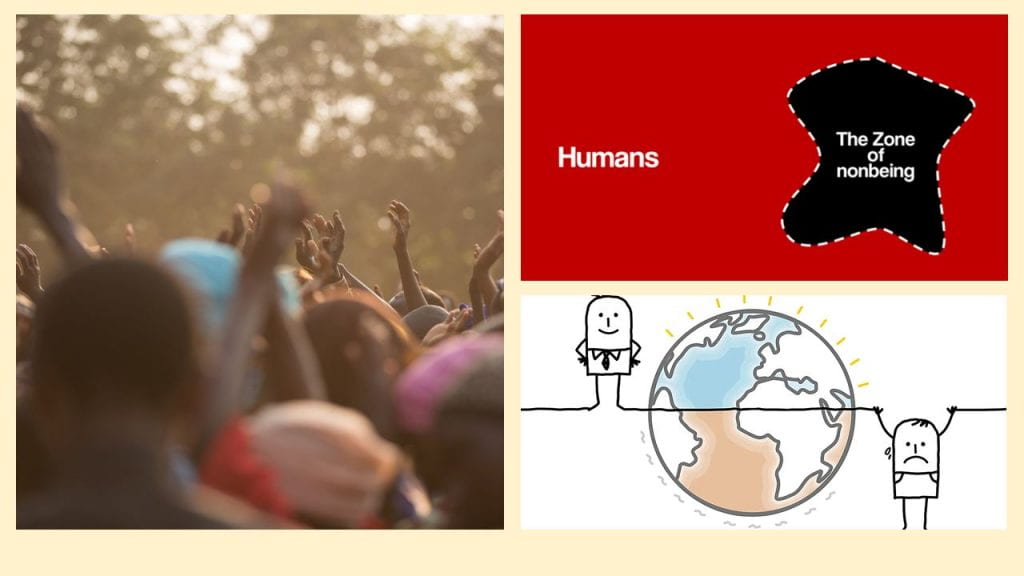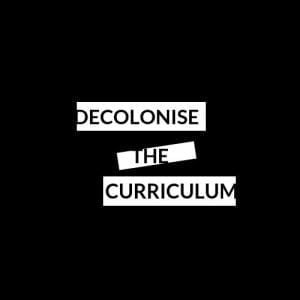by Professor Foluke Adebisi, University of Bristol Law School
In 2021, I, Suhraiya Jivraj and Ntina Tzouvala undertook a project to curate pedagogical perspectives on teaching legacies of empire in law schools across different continents. The result was an edited collection with a specific focus on post- and decolonial thought as well as on anti-racist methods in pedagogy. Decolonisation, Anti-Racism, and Legal Pedagogy: Strategies, Successes, and Challenges. Taylor & Francis, 2023.
With contributions from diverse jurisdictions, including India, South Africa, Australia, and Canada, the volume aims to critically examine the ways that decolonisation and anti-racism can be innovated in legal pedagogy. We hoped to demonstrate how teaching can be modified and adapted to address long-standing colonial and racial injustice in the curriculum. For more on our initial vision for the volume, see the original call for papers. (more…)






